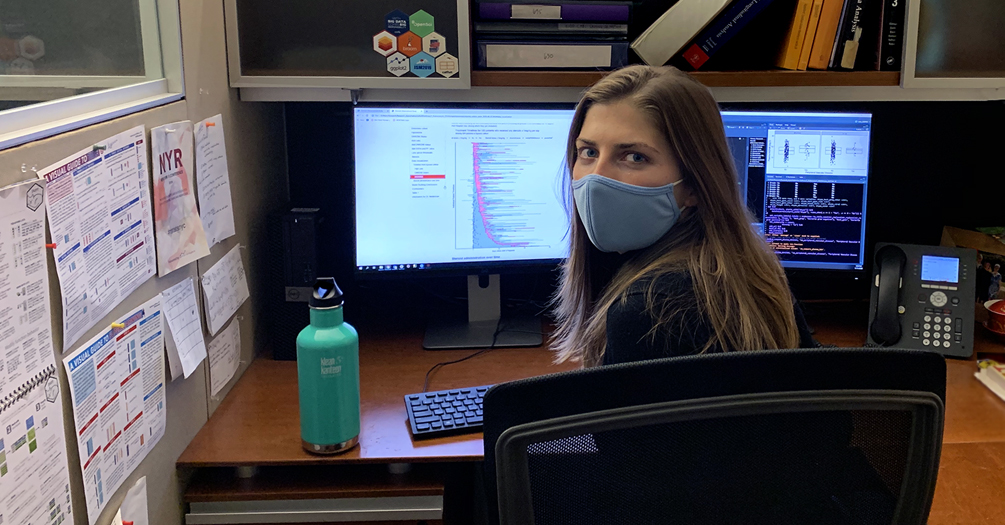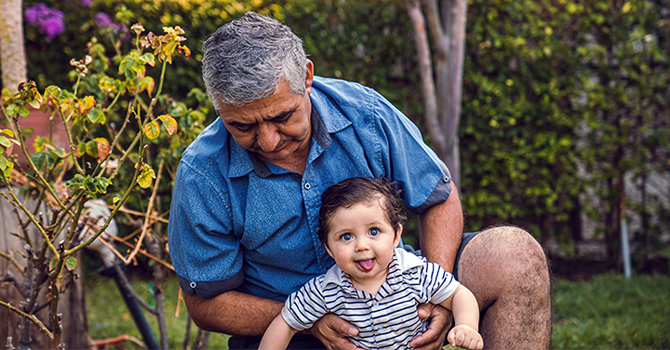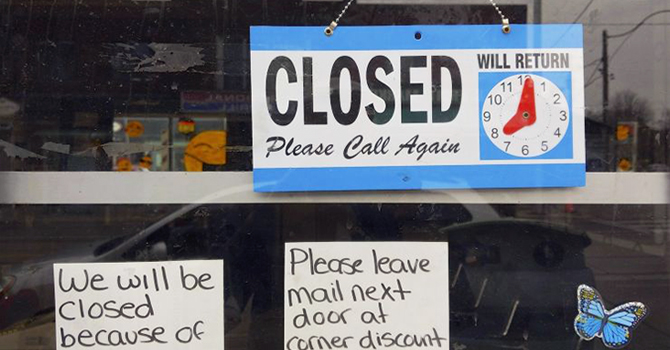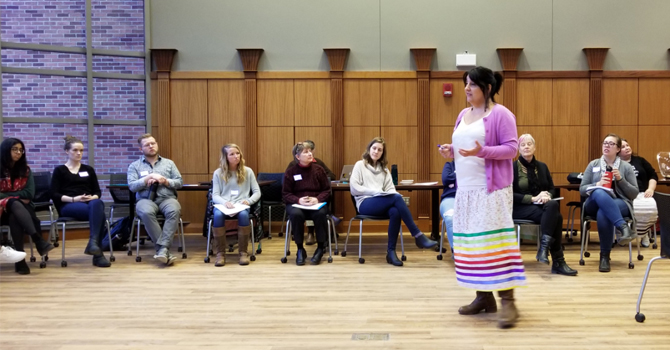
On the sidelines: New York's COVID-19 outbreak from the eyes of a Biostatistician
Katherine Hoffman, MS ’18
It's March. An early-career biostatistician at a large medical facility, alum Katherine Hoffman is living through New York City’s explosive COVID-19 outbreak. As the statistician for a pulmonary and critical care team, she is quickly pulled into COVID-19 work. Her hospital is running out of ventilators. She is told to drop all other research projects for COVID-19 work. This is her story.





